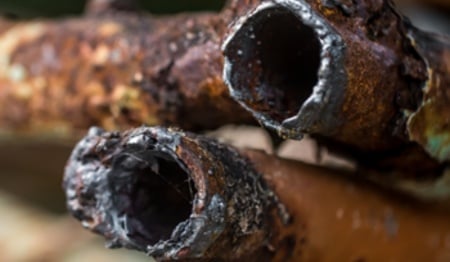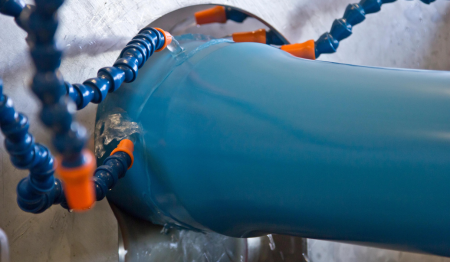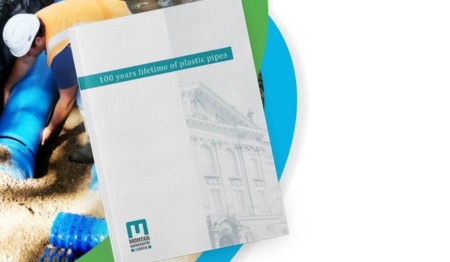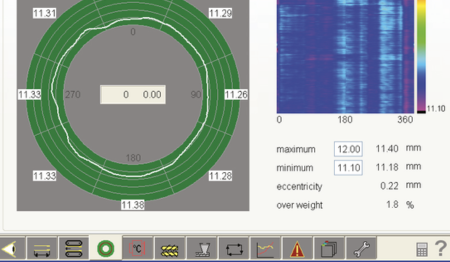2 min read
Navigating Water Main Challenges: The Proven Effectiveness of PVC Pipes
Admin Jun 21, 2024 11:17:43 AM

In a landscape marked by the need for resilient and sustainable water infrastructure, recent findings from Utah State University (USU) shed light on the urgent challenges and potential solutions within the sector.
Rollepaal, aligning with its dedication to technical precision and innovation, provides an insight-driven perspective on the USU study, with a particular focus on Polyvinyl Chloride (PVC) pipes as the key to solving these problems.
Key Findings from Utah State University's Study on Water Main Break Rates
The study provides a detailed analysis of the extent to which water main breaks occur in the United States and Canada, showcasing an alarming figure of 260,000 instances annually, culminating in significant financial ramifications estimated at $2.6 billion in repair costs.

A critical examination reveals that a substantial facet of the infrastructure dilemma lies in the aging pipeline network, where 20% is deemed outdated and in dire need of replacement. This scenario presents a daunting $452 billion funding gap that is imperative to bridge.
Furthermore, the research accentuates a paradigm shift towards PVC pipe utilization, driven by its minimal break rates and superior durability, especially under corrosive soil conditions - a challenge that affects nearly 75% of utilities.
Rollepaal Advocates for PVC Pipes: A Resilient Answer to Water Main Breaks
In addressing the findings from the USU study, Rollepaal advocates emphatically for PVC and PVC-O pipes, underpinning their adoption based on several pivotal benefits:
Durability and Cost-Effectiveness
PVC pipes, with a projected lifespan of up to 100 years, stand as a long-term solution to the perennial issue of water main breaks. This exceptional longevity not only minimizes the need for frequent replacements but also dramatically scales down associated repair costs. The economic implications of incorporating PVC pipes are profound, steering the water supply infrastructure towards more sustainable fiscal health.
Corrosion Resistance
The inherent corrosion resistance of PVC plays a crucial role in preserving water quality and ensuring the reliability of supply systems even in the face of pervasive corrosive environments. This attribute is particularly salient, considering the susceptibility of a considerable portion of existing materials to corrosion-related failures.
Streamlined Installation and Maintenance
PVC pipes offer ease of installation and reduced maintenance requirements, further enhancing their appeal as a sustainable solution. The combination of lightweight materials and the flexibility of the pipes reduces labor costs and accelerates project completion times, ensuring minimal disruption to communities.
Conclusion
The findings from Utah State University underscore the critical nature of water main break rates and the ensuing impact on communities and economies. In this context, Rollepaal's endorsement of PVC and PVC-O pipes as effective solutions is grounded in a comprehensive understanding of the material's benefits, including unparalleled durability, exceptional corrosion resistance, and cost-efficiency.
As the water infrastructure landscape evolves, the imperative for solutions that not only meet current challenges but also anticipate future demands becomes increasingly apparent. PVC pipes, as advocated by Rollepaal, stand at the forefront of this evolution, offering a robust and sustainable pathway forward.
Rollepaal's expertise and innovative solutions are poised to support the transition to more efficient and reliable water mains, underpinning the resilience of communities against the tests of time and nature.
Download here the Utah State University study on water main break rates




